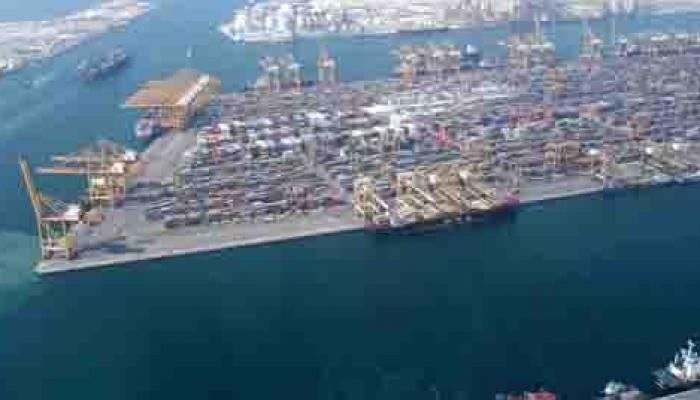New and very encouraging steps were taken in Cuba in 2014 toward economic development. These included the approval of a new Foreign Investment Law, the new development zone at Mariel, the implementation of a gradual process toward currency unification and the expansion of the self-employment sector to include all gastronomic and services sectors.
In 2014, Cuba continued complying with its international duties, regarding the re-ordering of its debt with the country's main debtors, thus contributing to recovering the international credibility of the Cuban economy. At the same time, Cuba has adopted measures to strengthen fiscal control as a way to avoid and confront deficit spending, tax evasion and other irregularities.
Also in 2014, the Caribbean island state continued to move ahead with the process of implementation of the economic and social guidelines approved by the 6th congress of the Cuban Communist Party, which has now entered a new and qualitative superior stage with the fulfillment of complex tasks, whose completion will impact all fields of Cuban society.
The Cuban economy confronted serious problems in terms of food production. As a result, in 2015 the country will be forced to import nearly 2.2 billion dollars worth of food supplies, representing 137 million more than in 2014, which also signals prevailing insufficiencies regarding adopted measures to revitalize agricultural production. As a result, the prices of agricultural products continue on the rise on local markets, negatively affecting a large segment of the population, despite average wage rises, particularly in the health, foreign investment and self-employment sectors.
In order to continue improving the performance of the Cuban business sector, new measures were adopted in 2014, giving Cuban enterprises more autonomy, and opening up the wholesale market to the non-state, self-employment sector, which has now gained access to imports.
In 2014, Cuba continued boosting the creation of non-agricultural cooperatives. There are currently some 500 of these business entities across Cuba with approximately half a million workers.
Regarding the ongoing process toward currency unification, a series of measures were adopted in 2014, aimed at avoiding negative impacts on both the economy and the population.
On this issue, Cuban President Raúl Castro recently told the Cuban Parliament that currency unification is not by itself the solution to all of Cuba's economic difficulties, and that it should be accompanied by a group of macro-economic measures that lead to a new monetary order in the country, including price and salary adjustments.
In his latest speech, the Cuban leader also reaffirmed that the ongoing currency unification process will not affect the existing private bank accounts in foreign currency, convertible Cuban pesos or in Cuban pesos, nor foreign or Cuban capital in the hands of the Cuban and other nationals on the island, and that no Cuban citizen will be abandoned to his/her fate.
He also reiterated that there will be no privatization waves, as demanded by Cuba's enemies and that collective property over means of production will prevail as opposed to private ownership, in perfect tune with our socialist system.
Experts predict that the GDP will grow little over 4 percent in 2015, resulting mainly from the implementation of the new Foreign Investment Law. Business deals with foreign partners already surpass 8 billion dollars.
Another element, which they agree will directly influence the Cuban economy, is the announced re-establishment of diplomatic relations with the United States and the expected gradual relaxation of trade and financial restrictions under the US blockade.
The new economic plan for 2015 is aimed at boosting the revitalization of key industrial sectors, increased investment in production and infrastructure, and also improving the quality of the public health care and education services that are offered to the population totally free of charge.
As the Cuban president recently said, the economic plan for 2015 is ambitious, aimed at solid economic growth. He expressed his conviction that the projected over 4 percent GDP growth is perfectly achievable, taking into account that the country already counts on the financial guarantees, despite the global economic crisis and the US blockade, which is still in place.
'Despite the good news, said President Raul Castro, we have huge challenges ahead of us,' and urged Cubans to work hard toward making the Cuban economy match up to the high political prestige the country now enjoys internationally thanks to the Revolution, the heroism and perseverance of our people.
Improving the country's economic performance constitutes Cubans' main pending issue. And as the Cuban president stated, 'It is our duty to direct the country towards prosperous, sustainable and irreversible development under socialism.'


